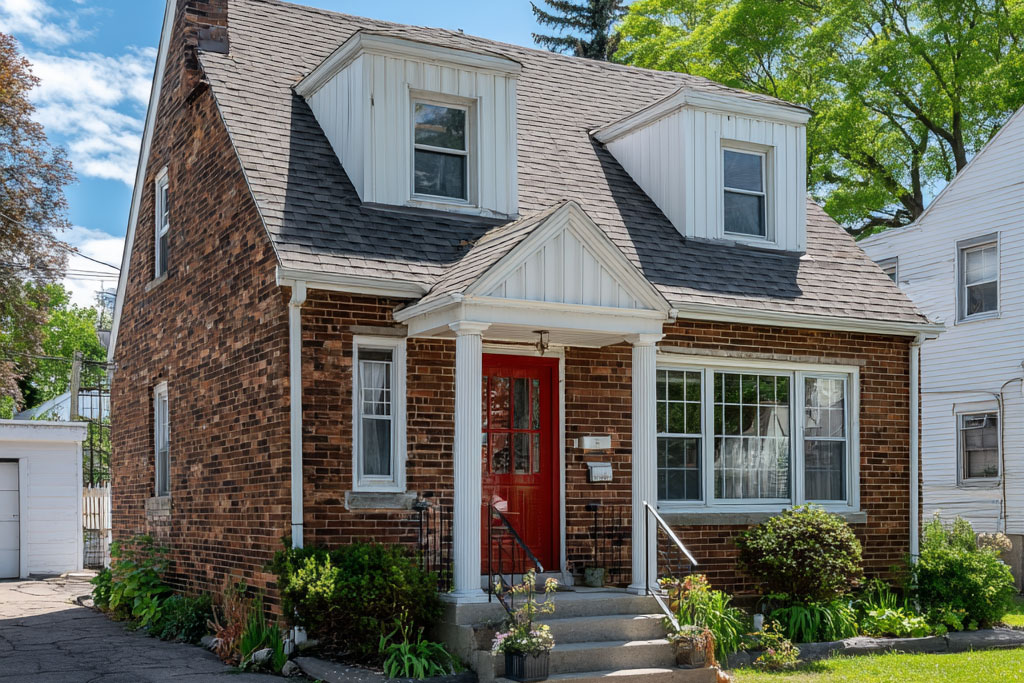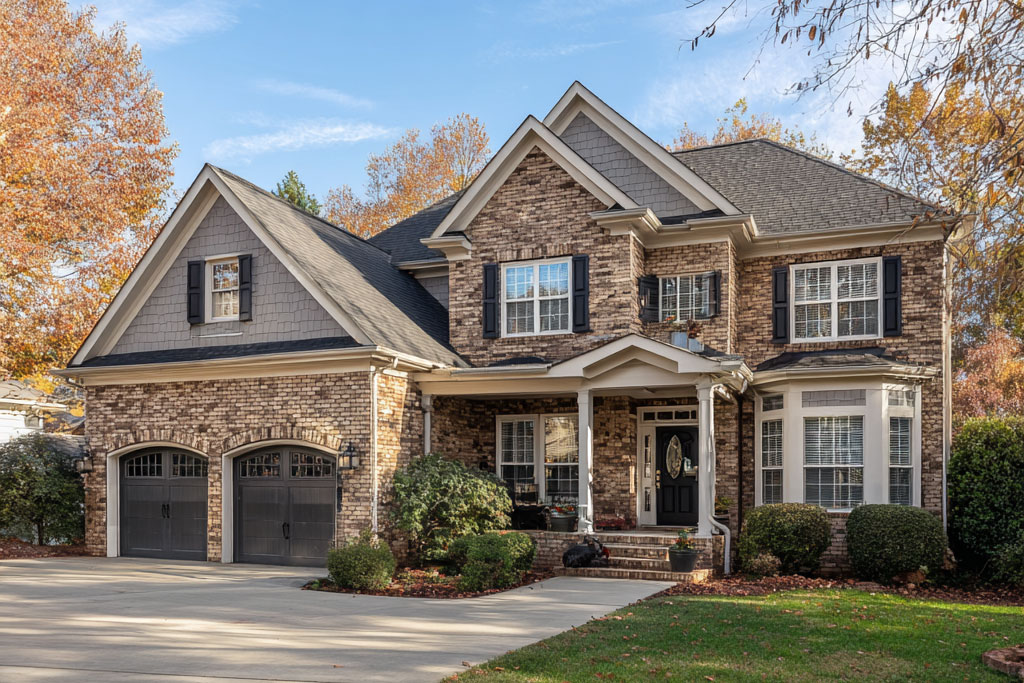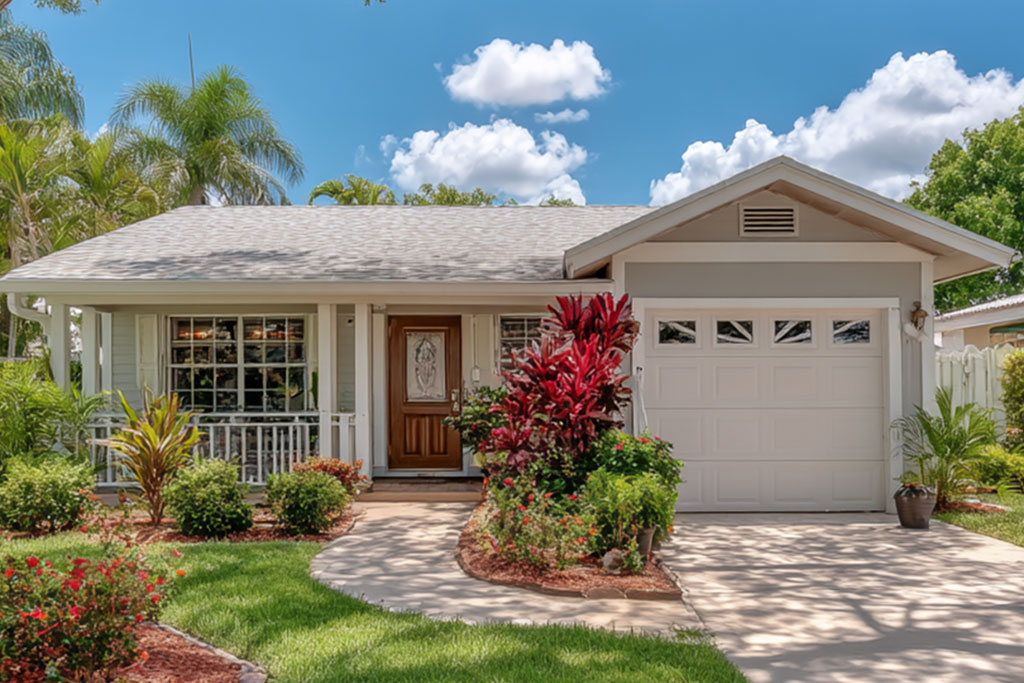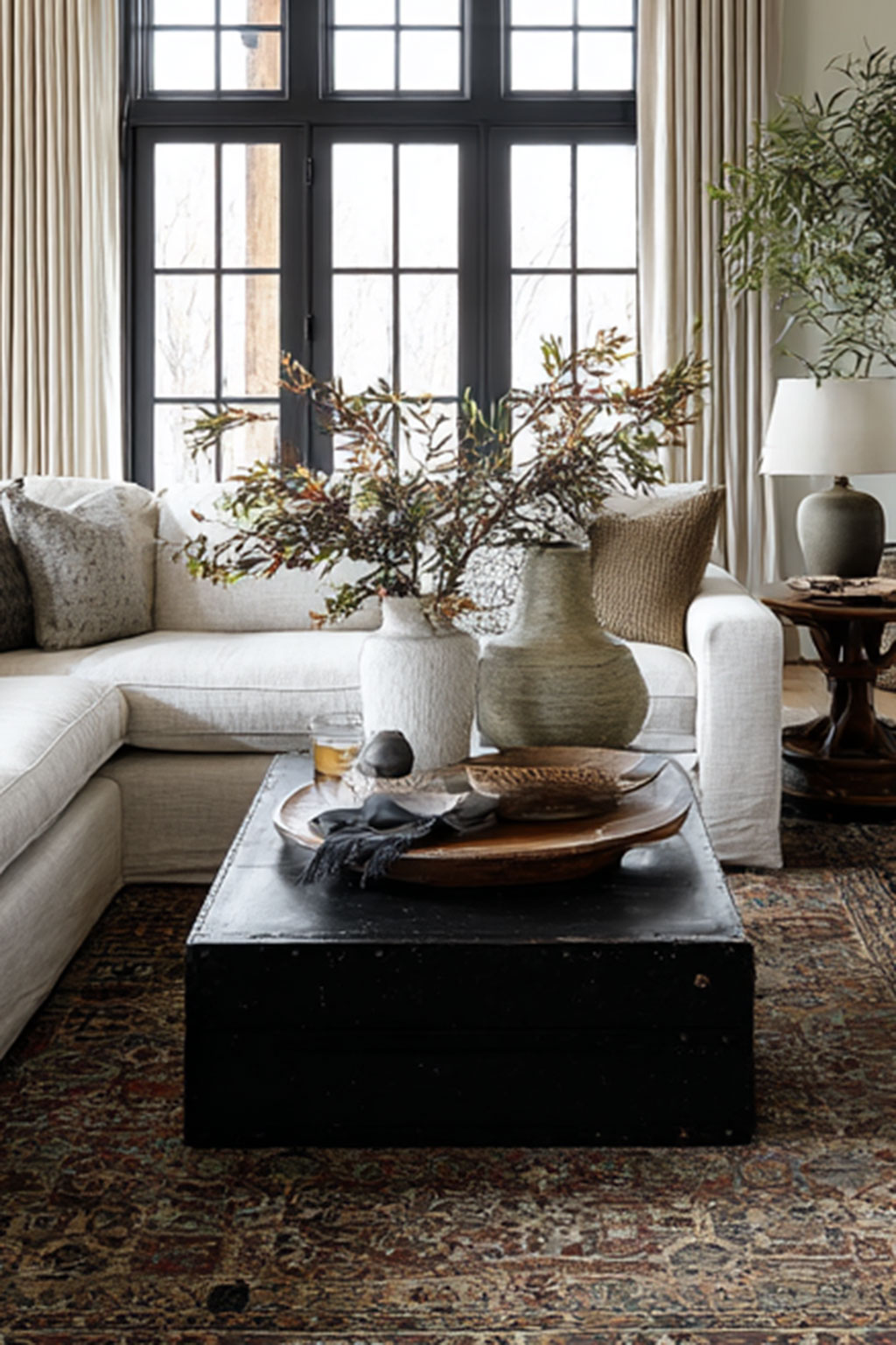Starter Home vs Forever Home: Which Should You Buy First?
For many first-time homebuyers, the biggest decision isn’t just when to buy but what to buy.
Should you start with a smaller, more affordable property as a stepping stone, or do you stretch for the house you plan to stay in long-term? Both options have advantages and drawbacks, and making the best choice depends on your budget, goals, and lifestyle. If you’re trying to decide between a starter or a forever home, here’s what you need to know about each.

What is a starter home?
This is typically a smaller, more affordable property that buyers plan to live in for a few years before moving on to something larger. Think of it as an entry point into homeownership. These residences are often condos, townhouses, or smaller single-family houses located in more budget-friendly neighborhoods.
The main advantage of a starter home is accessibility. By having a lower price point, it requires a smaller down payment and more manageable monthly mortgage payments. That makes it easier to break into the housing market, start building equity, and enjoy the stability of owning versus renting. The trade-offs, however, are space and longevity. A starter property may not meet your needs long-term, especially if you plan to grow your family or want more room for entertaining guests, hobbies, or workspaces.
What is a forever home?
This is the property you intend to live in for the long haul: often fifteen years or more. These residences usually offer more square footage, larger yards, and features you won’t outgrow over time, like extra bedrooms or flexible living spaces. The biggest advantage of a forever home is stability. You can plant roots, personalize your space, and avoid the stress and cost of moving again in just a few years. Buying with the long term in mind also means you’re more likely to prioritize the style features, neighborhood, and school district that matter most to you.
Of course, forever homes also come with a higher price tag. That means larger down payments, higher monthly payments, and potentially greater property taxes and maintenance costs. Stretching too far for a forever home early in your house-hunting journey can lead to financial stress.

The benefits of starting small
For many first-time buyers, a starter home offers the chance to enter the market sooner rather than later. While you may outgrow it in a few years, the equity you build can help fund your next purchase. For example, if you buy a smaller house, live there for five years, and the property appreciates, you could use the profit from the sale as a larger down payment on your forever home, factoring in other changes such as a greater income.
Another perk is flexibility. If your career, family size, or lifestyle changes unexpectedly, a starter home allows you to adjust more easily than if you had already committed to a bigger property and larger financial responsibility.
The benefits of skipping ahead
On the other hand, buying a forever home right away can save you from the expenses of moving again in the near future. You won’t have to worry about outgrowing your space, and you can focus on crafting the dwelling you’ve always wanted without holding back on renovations or upgrades.
Also consider that, in some markets, buying a forever home first can also make sense financially. If prices are rising quickly, upgrading later could mean paying much more for the same house. Locking in your long-term property now might protect you from being priced out down the road.

How to decide which is right for you
There’s no one-size-fits-all answer, but here are a few questions that can guide your decision:
- What’s your budget? Be realistic about what you can comfortably afford today and in the future.
- How stable is your lifestyle? If you anticipate major life changes like career moves, marriage, or children, a starter home may give you more flexibility.
- What’s the market like? In fast-rising markets, skipping straight to a forever home could make more sense. In steadier markets, starting small may be the smarter play.
- What are your long-term goals? Think about where you see yourself in five, ten, or fifteen years, and whether the property you’re considering aligns with that vision.
Deciding between a starter home and a forever home comes down to balancing your financial comfort with your lifestyle needs. Buying a starter investment can be a smart way to build equity and get your foot in the door, while choosing a forever one offers stability and the chance to avoid multiple moves. If you’re unsure which path is right for you, speak with a real estate agent, who can help you weigh your options in your local market. With the right guidance, you’ll find the home that fits your life today while setting you up for the future.


















